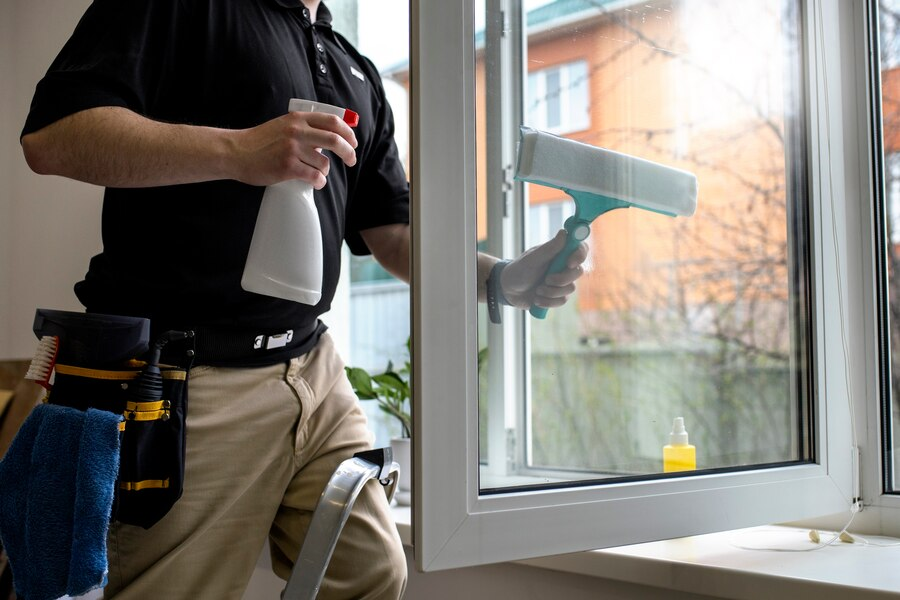The Role of Window Replacement in Noise Reduction
- John Shaw
- Jan 23, 2025
- 3 min read
Noise pollution can significantly impact the quality of life in both homes and offices, making it essential to find effective ways to reduce unwanted sounds. One of the most efficient solutions for tackling noise is through window replacement. Modern windows are designed with advanced materials and features that offer excellent sound insulation while enhancing the overall functionality and aesthetic of a property. This blog delves into the role of window replacement in noise reduction and why it’s a worthy investment for homeowners and businesses alike.

Understanding How Windows Contribute to Noise Reduction
Windows play a critical role in soundproofing any building. Older or single-pane windows are less effective at blocking external noises, often allowing sound waves to pass through easily. In contrast, modern window replacement options, such as double or triple-glazed windows, are specifically engineered to minimise sound transmission. These windows are constructed with multiple layers of glass separated by insulated spacers that act as sound barriers, significantly reducing noise levels.
Additionally, the quality of the materials used in window replacement is a key factor. UPVC windows, for instance, offer excellent noise reduction capabilities due to their airtight seals and durable frames. These features not only keep unwanted sounds out but also enhance the energy efficiency of your property.
The Science Behind Noise-Reducing Window Designs
Modern window designs focus on both the glass and the frame to deliver superior sound insulation. Double-glazed windows feature two panes of glass with an air or gas-filled gap in between. This design disrupts sound waves, reducing the amount of noise that enters your home or office. Triple-glazed windows take this concept further by adding an additional pane of glass, making them ideal for properties in high-noise areas such as urban centres or near busy roads.
Another innovation in window replacement is the use of laminated glass. This type of glass incorporates a plastic interlayer that absorbs sound vibrations, further enhancing noise reduction. When paired with robust UPVC windows, laminated glass ensures optimal performance in blocking out external sounds while maintaining a sleek and modern appearance.
Why Window Replacement is a Worthy Investment
Investing in window replacement for noise reduction offers multiple benefits beyond soundproofing. First and foremost, it improves comfort by creating a quieter indoor environment, allowing you to focus, relax, or sleep without disturbances. This is particularly beneficial for homes in bustling cities or offices located near heavy traffic areas.
In addition to noise reduction, modern windows improve energy efficiency by minimising heat loss. The same airtight seals that block sound waves also prevent drafts, helping to regulate indoor temperatures and lower energy bills. Moreover, window replacement enhances the aesthetic appeal of your property, increasing its market value.
Whether you choose UPVC windows, double glazing, or laminated glass, selecting the right materials and designs is crucial. Partnering with a professional service that specialises in glass replacement ensures the window installation is done correctly, maximising the benefits of your new windows.
Conclusion
Noise pollution can take a toll on your wellbeing, but window replacement provides a practical and effective solution. With options such as UPVC windows, double glazing, and laminated glass, you can significantly reduce unwanted sounds while enjoying additional benefits like energy efficiency and improved aesthetics. Whether you’re upgrading your home or office, modern windows offer a quieter, more comfortable environment that enhances your overall quality of life. Consider investing in professional glass replacement services to experience the transformative impact of new windows today.



Comments